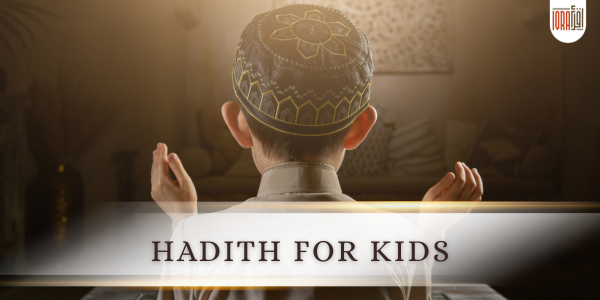Grief is a universal, impactful emotion, reaching across cultures and faiths. Islam offers deep insights and strategies to navigate through grief, providing solace and direction. This article delves into Islamic perspectives on coping with grief, aiming to be a comforting guide during turbulent times.
1. Understanding how to cope with grief in the light of the Qur’an:
The Qur’an is Islam’s divine scripture, a beacon for those enduring grief. It offers insights and comfort, acknowledging the pain and sorrow of loss. It aids believers in their grief journey.
Acknowledgement of Human Suffering:
The Qur’an recognizes and validates emotions tethered to grief. “And We will surely test you with something of fear and hunger and a loss of wealth and lives and fruits…” (Quran 2:155). This acknowledgment allows believers to better comprehend and embrace their emotions.
The Transitory Nature of Life:
The Qur’an emphasizes life’s fleeting nature and the inevitability of death. “Every soul will taste death…” (Quran 3:185). It anchors believers in the promise of eternal bliss in the Hereafter.
2. The Sunnah and Coping with Grief:
The Sunnah comprises the teachings of Prophet Muhammad (PBUH). It serves as a guide for navigating grief and loss. The Prophet’s life portrayed resilience and divine surrender, becoming a beacon for believers.
Demonstrations of Patience and Surrender:
The Prophet epitomized patience and divine surrender amidst losses. He advised trust in Allah’s wisdom. “To Allah belongs what He takes and to Him belongs what He gives…” (Bukhari).
3. The Virtue of Patience:
‘Sabr,’ or patience, is active, sustaining strength in Islam. It is essential during the onset of calamity.
4. Seeking Knowledge as a Pillar of Support:
The pursuit of knowledge acts as a cornerstone during trying times. It illuminates the path with renewed perspectives on life, death, and the Hereafter.
5. Engaging in Acts of Charity:
Undertaking charitable deeds creates enduring legacies. It provides immense solace and guides the grieving heart toward a path of purpose.
6. Embracing Community and Shared Experiences:
Communal bonds and shared experiences are significant in Islam. They provide immense relief through mutual support and understanding, especially during times of distress.
7. Professional Guidance and Spiritual Counseling:
Islam recognizes the importance of professional counseling in tandem with spiritual practices. It advocates a balanced approach for a holistic journey through grief.
Concluding Reflections:
Grief can lead to deeper spiritual connections, resilience, and understanding. Islam’s approach blends spiritual guidance, communal support, and actionable steps, leading toward healing and renewed strength.
To deepen your understanding of Islam’s teachings, explore our enriching and comprehensive courses. Begin your transformative journey with us or sign up for our program.





0 Comments
Oops comments are disabled